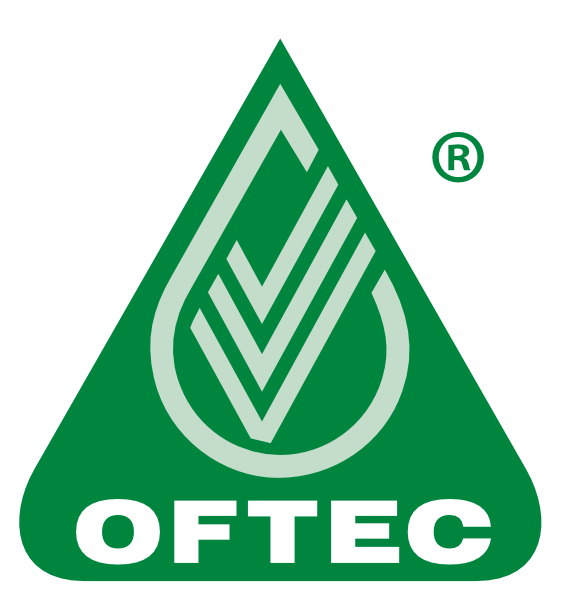OFTEC were pleased to see that increases in carbon tax will not impact home heating bills this winter, particularly given the challenging economic circumstances that many households are facing and recent increased fuel costs.
As part of plans for the 2022 Budget, Carbon tax will rise by €7.50 per tonne taking effect from midnight on Thursday 13th October 2021. Increases in the cost of other fuels such as kerosene will not be implemented until May 2022. It comes as part of efforts to reduce greenhouse gas emissions.
While supportive of Government’s aim to reduce carbon emissions, the organisation has also re-issued its call for Government to support the inclusion of biofuels in the home heating sector in the new Climate Action Plan as a more cost effective approach to carbon reductions in the off grid sector.
David Blevings, OFTEC Ireland Manager said: “The Government’s plan to install 600,000 heat pumps across Ireland by 2030 is in our opinion impractical and overly ambitious. They are not suitable for many homes, particularly older or poorly insulted houses in rural areas.
“Whilst there is budget allocated to retrofitting and housing adaption grants, they are unlikely to cover the extent of works across the country. The average cost to retrofit a home in 2020 was €56,000 [1] and while not all homeowners will require a full scale retro fit, the costs to make homes ready for a heat pump are significant.
“Many are now faced with economic difficulties, with the perfect storm of the pandemic and increased fuel costs across the board. The Government must choose a route to lower carbon emissions at the lowest cost for both the State and the citizens of Ireland.
“We strongly believe there is a simpler method of reducing emissions utilising existing equipment, decarbonising the fuel and at a minimal cost to the homeowner.”
OFTEC Ireland is continually reiterating that the introduction of a biofuel is a viable, affordable option and should be part of Ireland’s future energy mix.
Mr Blevings added, “Drawing on over 25 years’ experience, and in-depth research by specialist energy consultants, we believe that renewable liquid fuels can play a major role in delivering the solution. We can deliver a significant reduction in carbon emissions from a liquid fuelled boiler today if we switched all Irish consumers to 100% hydro treated vegetable oil or HVO as it is commonly known.
Replacing kerosene with HVO would be a seamless transition for existing liquid fuel users and a simple option for Government to reduce carbon emissions in the off-grid sector at least cost for consumers.
HVO offers an immediate c.87% reduction in carbon emissions and if all c.700k homes moved to HVO tomorrow, the annual carbon emissions from the liquid fuelled sector would fall from c.3.7M to 488,000 tonnes.
“There is still a place for liquid fuelled appliances in the modern Irish home. Customers using oil should still plan to upgrade boilers and tanks over twenty years of age with a new condensing appliance and a bunded tank.
“Modern appliances are already biofuel friendly and we envisage consumers will be using a biofuel to heat their home by 2023, with the next generation of liquid fuels being introduced over the next ten years further reducing emissions.”
For more information, visit https://www.oftec.org/
